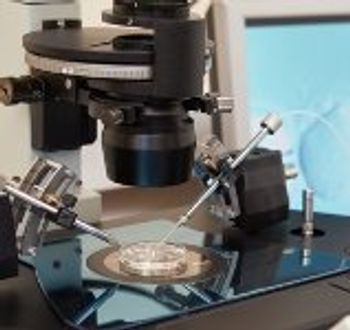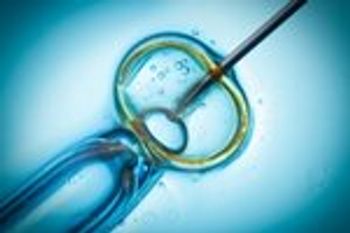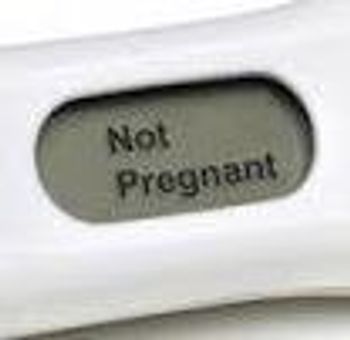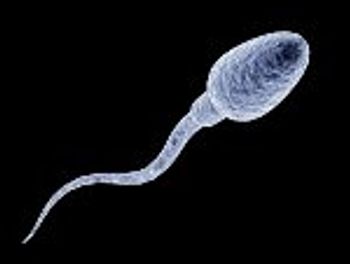
A new study questions whether the risk of infertility linked to endometriosis is as bad as previously thought.

A new study questions whether the risk of infertility linked to endometriosis is as bad as previously thought.

A new study looks at whether breast density letters are too difficult for the typical woman to understand. Plus: The FDA issues a warning on fluconazole and miscarriage. Also, do irregular menses provide protection against ovarian cancer or increase risk?

Evidence on which to base management of RPL is limited, challenging ob/gyns with patients facing this stressful diagnosis.

A small Danish study examines if a link exists between asthma and infertility. Plus: Can regular exercise during pregnancy prevent maternal hypertension?

A prospective cohort study looked at a possible link.

A new study looks at whether high doses of some hormones are impeding IVF success. Plus: Do progesterone supplements help women with a history of unexplained recurrent pregnancy loss?

A population analysis examines if preeclampsia may serve as a warning sign for heart defects in the neonate. Also, do chlamydia antibodies mean reduced fertility? Plus: Can ovary removal help CVD risk in diabetic women?

The results of a new study on Vitamin D and pregnancy outcome. Plus, Is foam the future of nonsurgical female sterilization? And: Choosing a GnRH dose for ovarian stimulation

Experts present the two sides to this issue, basing their arguments on outcomes data and likelihood of success.

The FDA looks at the benefit/risk profile of Essure. And, what place does MRI have in breast cancer treatment? Plus: A look at ovarian stimulating agents.

News, a surgical video, and links related to infertility and fertility preservation.

Unsuccessful fertility treatment takes a toll on both partners, and knowing their mental health history can help predict depression risk.

Miscarriage unfortunately is a common part of OB/GYN, but do you ever wonder what your patients are feeling? This blog addresses one patient's experience.

Less may be more when it comes to surgical management.

Assisted reproductive technology is often thought to account for the risk of low birth weight and preterm birth, but new research finds another factor plays a role.

A new report by the Society for Assisted Reproductive Technology has shown a shift in women's preferences for the number of embryos transferred.

A look at the science behind 3-parent embryos and the legal complexities that may follow.

Women with higher levels of endocrine-disrupting chemicals from both environmental and household exposure have an earlier onset of menopause.

A form of assisted reproductive technology that could make it possible for women with mutations in mitochondrial DNA to give birth to children free of mitochondrial disease has been approved by UK’s House of Commons. A Food and Drug Administration (FDA) committee is considering granting similar approval for use of the technique-known as oocyte modification or three-parent gene therapy-in the United States.

Use of intracytoplasmic sperm injection in cases unrelated to male factor infertility may negatively affect outcomes, new research suggests.

Women with polycystic ovary syndrome (PCOS) are at increased risk for metabolic and heart diseases and nearly twice as likely to be hospitalized.

Consider thyroid disorders, such as hyperthyroidism, when evaluating women with fertility problems and recurrent early pregnancy loss.

Results of a retrospective cohort study show that use of intracytoplasmic sperm injection is on the rise but cast doubt on whether the technology is improving reproductive outcomes. Brian Levine, MD, MS provides commentary.

Timing is important to achieve pregnancy in intrauterine insemination, but available evidence doesn't support using one timing method over another.

Addressing the emotional component of a patient's diagnosis isn't often feasible, but these tools can help patients with this important aspect of healing.